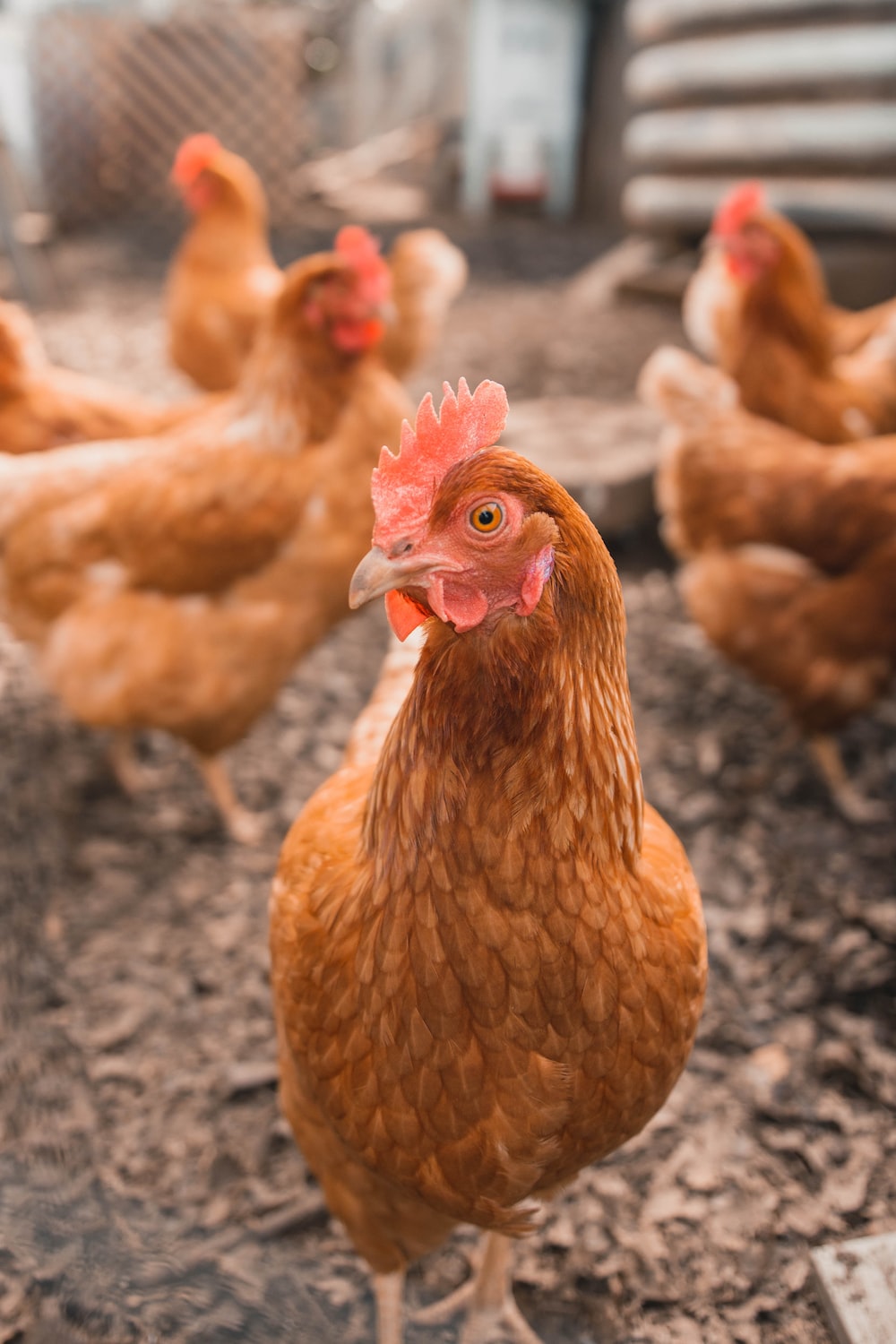Agroecology is sustainable farming that works with nature.
Ecology is the study of relationships between plants, animals, people, and their environment - and the balance between these relationships. it seeks to understand the vital connections between plants and animals and the world around them
Agroecology is the application of ecological concepts and principals in farming.
Agroecology promotes farming practices that;
- Mitigate climate change - reducing emissions, recycling resources and prioritising local supply chains.
- Work with wildlife - managing the impact of farming on wildlife and harnessing nature to do the hard work for us, such as pollinating crops and controlling pests.
- Put farmers and communities in the driving seat - they give power to approaches led by local people and adapt agricultural techniques to suit the local area - and its specific social, environmental and economic conditions.
Agroecology in action
Agroforestry is a great example of agroecology. It's the practice of combining trees and farming; it demonstrates how food production and nature can co-exist.
Grazing farm animals under trees gives them shelter and fodder, whilst their manure enriches the soil. And planting trees on land normally used to grow cereal crops can provide another crop - be that fruit, nuts or timber. This provides another income stream for farmers and also protects soils from erosion, as the trees' deep roots help create a healthy soil structure.
Agroforestry, like many agroecological approaches, is a win-win.
Agroecology: a truly sustainable alternative
At global and local levels, we face multiple food system challenges - flooding, soil degradation, biodiversity collapse, malnutrition and obesity.
Intensive farming systems contribute to these problems. They exhaust natural resources focusing on short-term gains rather than the long-term sustainability that works best for the land, wildlife and local communities. We need an alternative food system that is truly sustainable. The good news is, many of the solutions lie in agroecology.
Where does organic fit into agroecology?
Agroecology is an umbrella term that covers lots of agricultural practices that you may be more familiar with, like organic, biodynamic or permaculture.
Organic farming is a form of agroecological farming.
All organic farmers are required to meet a strict set of standards.
These standards guarantee higher animal welfare, fewer pesticides and antibiotics and no GMOs.
Organic practices also support more jobs on farms, healthy soil and more on-farm.
Certified organic farms are inspected on an annual basis to legally verify farmers meet these high standards. So organic is a great way to connect citizens and farmers who are using agroecological methods and support the growth of agroecology.





 Formulate Feed
Formulate Feed
Comments
Be the first to comment . You must be logged in to post a comment